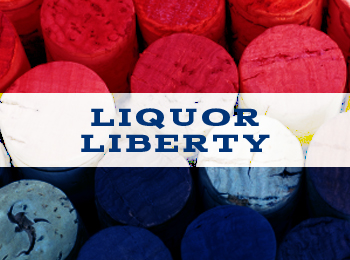Media

Higher Prices Coming to a State Store Near You
Years of boondoogles and blunders at the Pennsylvania Liquor Control Board (PLCB) make for a compelling list of reasons for complete privatization. Now there's another item to add to the list.
In early August, the PLCB finalized its decision to raise prices on more than 400 different wine and liquor products. Board member Michael Negra explained why price increases are necessary:
Given our need inside this building and throughout our agency due to rising costs of employee benefits and so forth, a lot of that is out of our hands, we felt it was something we needed to do.
Translation: The PLCB model isn’t sustainable, so consumers must pay more at state stores—with estimates ranging from $2 to $100 more for select products.
The agency originally sought price increases for 496 products, but it negotiated agreements with six dozen vendors to reduce the wholesale price. Still, the PLCB was unable to make a deal with a clear majority of vendors, which dispels the idea that the agency can use its purchasing power for the benefit of consumers.
The PLCB’s power to increase prices is a result of Act 39, which took effect last June. At the time, CF praised some aspects of the modernization law, but we warned about the “variable pricing” provision. Overall, modernization has turned out to be a financial flop thus far.
Unfortunately, many Pennsylvanians can’t escape the PLCB's new price hikes since the system has a near monopoly on the sale of wine and liquor. This puts countless consumers at the mercy of Harrisburg’s bureaucrats and provides little incentive to expand selection, increase convenience, and keep prices competitive.
The private sector is in a much better position to meet these needs. Entrepreneurs are more responsive to consumers because their success depends on providing quality service. In contrast, the PLCB doesn’t have to worry about pleasing consumers—just those with the levers of power in Harrisburg.
Therefore privatization—not more modernization—is the solution to the PLCB’s mediocrity. And as a bonus, privatization would raise hundreds of millions of dollars to address the state’s budget deficit.
It’s a win-win for policymakers and Pennsylvanians.